While pro-government forces of Syrian president Bashar al-Assad continue to bomb the tiny rebel enclave in Ghouta — a situation some believe supported by Syrian allies Russia and Iran —U.S. President Donald Trump spoke by phone with other Middle Eastern leaders to discuss “ways all Gulf Cooperation Council states can better counter Iranian destabilizing activities and defeat terrorists and extremists” as well as “the importance of regional cooperation and a united Gulf Cooperation Council to mitigate regional threats and ensure the region’s economic prosperity.”
Trump had calls Tuesday and Wednesday with Emir Tamim bin Hamad Al Thani of Qatar, Crown Prince Mohammed bin Zayed of the United Arab Emirates and Crown Prince Mohammed bin Salman of Saudi Arabia. Each conversation reportedly covered security and economic issues, according to White House releases.
The specific mention of countering Iran is particularly interesting in light of the hand Iran is believed to be playing in the current bombing in Syria’s ongoing, 8-year civil war. Hundreds are dead in Ghouta after 11 days of shelling, prompting Assad ally Russia to request a 5-hour ceasefire to deliver aid to the region.
According to Reuters, The U.N. Security Council, “passed a resolution on Saturday calling for a 30-day countrywide ceasefire. But the measure has not taken effect, with Moscow and Damascus saying they are battling members of terrorist groups excluded from the truce.”
Russia has been criticized for not applying enough pressure on Syria to meet the 30-day countrywide ceasefire, instead requesting the much-mitigated 5-hour window, prompting the Russian U.N. Ambassador to push back that the demand for influence from Moscow is too great.
“Only our country is called upon to implement Resolution 2401,” Russian Ambassador Vassily Nebenzia said with visible irritation. “We are criticized for humanitarian pauses. There are assertions that there are insufficient numbers of them. There are demands, demands, demands. For some reason, someone is always demanding something in an authoritative tone from the Russian Federation.”
Assad is backed by both Russia and Iran, a reality that has U.S. ally Israel warning that Iran seeks to establish itself as a military presence in Syria, and has for some time.
Israel has been warning for years that Iran is seeking to entrench itself militarily in Syria, including establishing missile bases. According to Israeli political and military assessments, Tehran, which has shored up Assad in the Syrian civil war, has been working to create air and naval bases in Syria, from which it can arm the Lebanon-based terror organization Hezbollah and other Shiite groups, as well as carry out attacks of its own against the Jewish state.
Trump’s calls with other ME leaders to discuss Iran, as well as news that an Iranian drone penetrated Israeli airspace in early February, indicates a U.S. poised to protect her ally, Israel, if not an intent to jump into the hotbed of conflict in Syria.
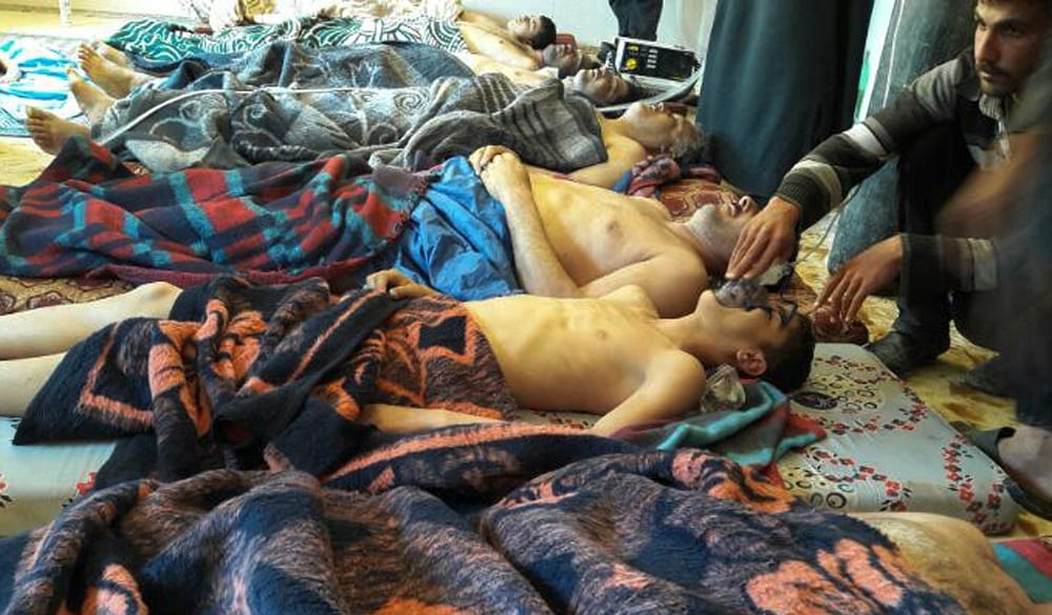
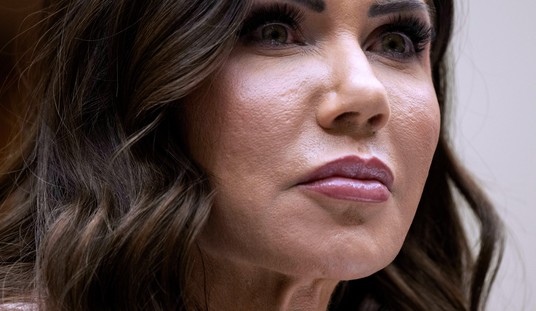
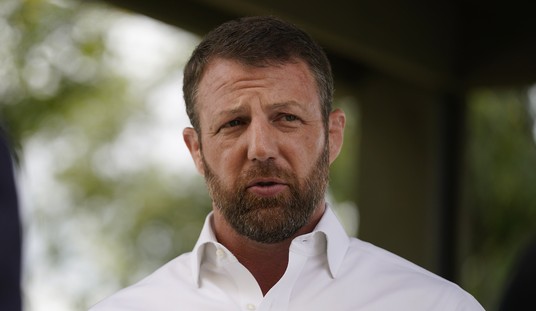


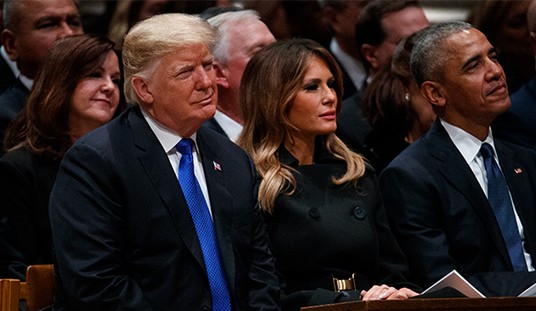




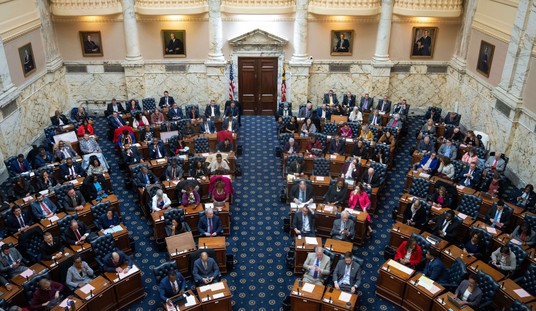


Join the conversation as a VIP Member